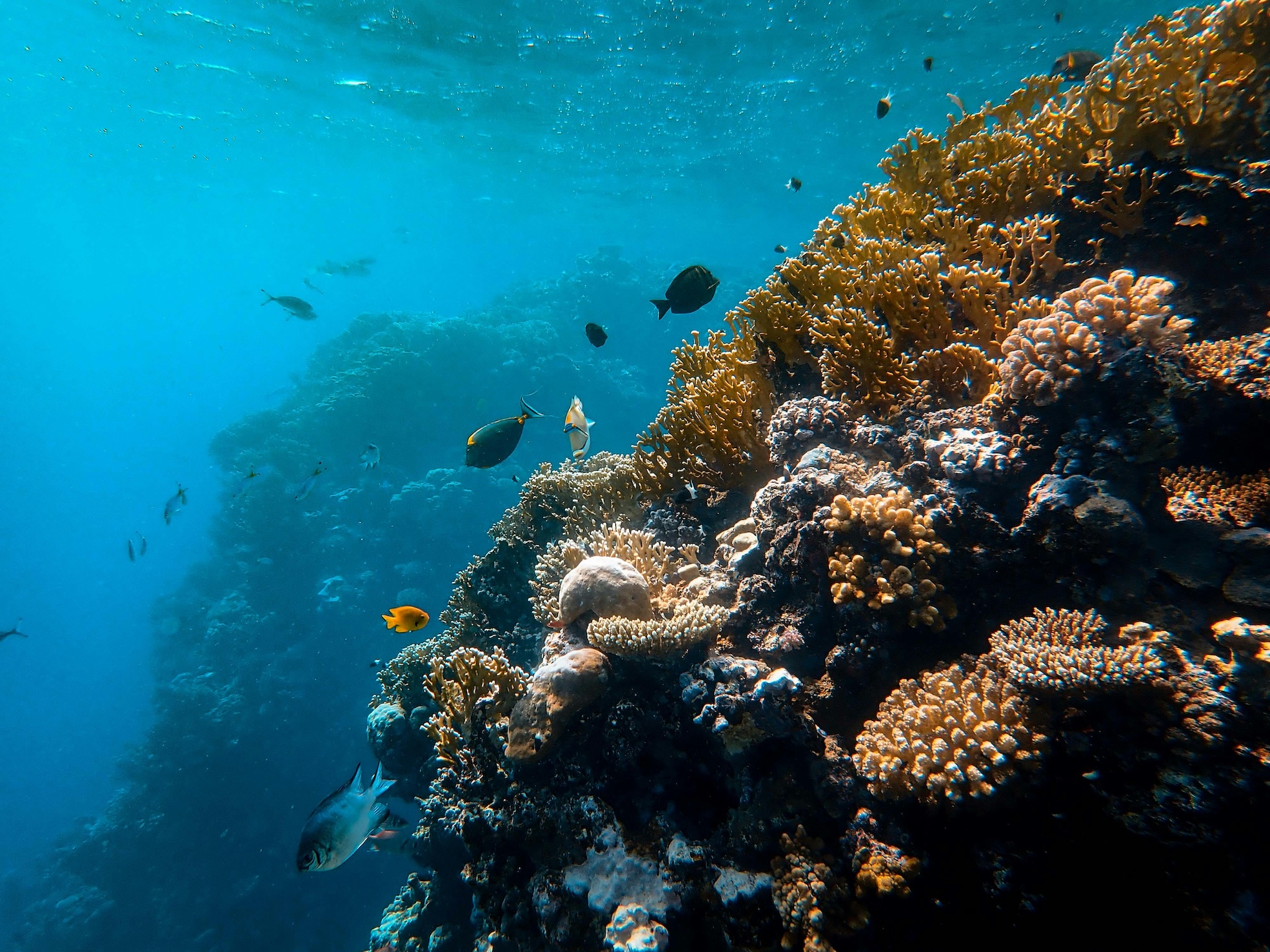The Nippon Foundation-Nekton Ocean Census, one of the largest global collaborations aimed at accelerating the discovery of marine life, has announced a major milestone: the identification of 866 new marine species. The UNEP-WCMC played a key role in this effort by developing the Ocean Census Biodiversity Data Platform, which records and provides access to these remarkable discoveries.
Covering 71% of the planet, the ocean is fundamental to life on Earth. Its vast biodiversity helps regulate the climate and supports the health, livelihoods, and food security of millions of people. Yet, much of the ocean remains unexplored, with only about 10% of marine species documented to date. Unraveling its mysteries is crucial to understanding how to protect biodiversity, enhance climate resilience, and ensure a sustainable future. However, the official identification of a new species can take more than a decade—delays that have real consequences. Without timely recognition and accessible scientific knowledge, it becomes harder to understand the role of species in ecosystems and make informed decisions about conservation and management.
To accelerate the identification of marine life and address this critical knowledge gap, the Nippon Foundation, a nonprofit organization dedicated to social innovation, and the British charity Nekton, focused on marine science and conservation, launched the Ocean Census in April 2023. With the ambitious goal of identifying 100,000 new species over the next decade, the project, supported by the United Nations Decade of Ocean Science for Sustainable Development, brings together a global network of national marine research institutes, museums, universities, philanthropic organizations, and technology partners.
Key Information about the Data
A significant challenge in discovering marine species lies not only in identifying new species but also in ensuring that this knowledge is quickly accessible to scientists, environmental advocates, and decision-makers. To fill this gap, the Ocean Census Biodiversity Data Platform was launched, initially in beta. Developed by experts from the UNEP-WCMC digital transformation team, this user-friendly platform lists species discoveries in near real-time, making essential biodiversity data freely accessible. By integrating with the World Register of Marine Species (WoRMS), a globally recognized taxonomic database, the platform provides a reliable and comprehensive system for classifying new marine species, thus helping to inform conservation priorities and evidence-based decision-making.




